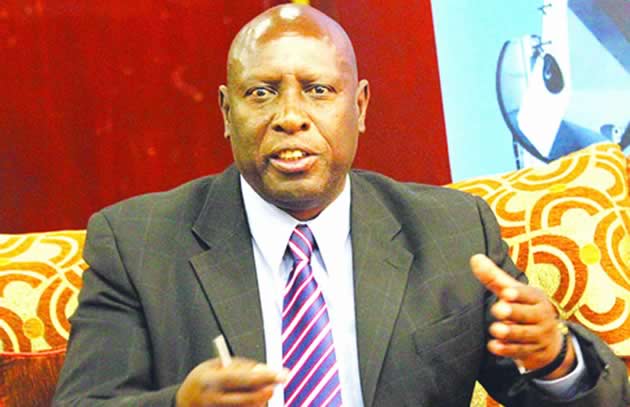Environmental sustainability of SMEs

The SMEs sector in Zimbabwe has an estimated turnover of $7,4 billion circulating within the sector, with 2,8 million Micro Small and Medium Enterprises (MSME) owners and employing 2,9 million people.
The same sector is contributing an estimated 40 percent of Zimbabwe’s Gross Domestic Product (GDP), according to the Newsday of July 19, 2015.
Out of 75 million enterprises across the world, 90 percent are SMEs particularly in developing countries.
They contribute substantially to entrepreneurship, innovation, economic growth and jobs creation.
This is also precisely why SMEs need to be a critical target to foster environmental sustainability in the private sector.
SMEs and the Environmental Impact Assessment
All SMEs carrying out prescribed projects that are listed in the first Schedule of the Environmental Management Act (Cap 20:27), such as; mining, quarrying, housing developments, ore processing should first of all do an Environmental Impact Assessment (EIA).
An Environmental Impact Assessment (EIA) is a process which identifies the environmental impacts of a development project and clearly outlines measures to mitigate the negative impacts caused during project construction, implementation and decommissioning.
The Environmental Management Act defines an Environmental Impact assessment as ‘an evaluation of a project to determine its impact on the environment and human health and to set out the required environmental monitoring and management procedures and plans’. The EIA is thus a tool that enhances sustainable development where environmental, economic and social pillars are main-streamed in the project in a balanced manner.
The EIA is based on the “precautionary principle” a process which directs project studies and address environmental impacts before they occur.
EIA is a tool to achieve the desired balance between development and environmental protection. EMA plays a facilitative role in as far as the EIA process is concerned.
SMEs and waste management
A clean, safe and healthy environment needs public participation. Every sector, including SMEs, has a role to play in waste management and the following is expected.
- Clean up your frontage up to the road and back corridors and sanitary lanes.
- Provide bins in front of your shop or work area to collect all the waste you generate.
- Organise yourselves into groups and adopt zones for clean-up in your areas.
- Organise regular clean ups to keep your work areas clean and attractive to customers.
- Appoint anti-litter monitors for your work areas.
- Donate branded bins to Local Authorities not only as a way of advertising but also assisting in the provision of bins.
- Set up cages to collect recyclable cans, bottles, plastic bottles among others.
- Have waste management plans and targets in place
- Distribute legally acceptable plastic carrier bags and also provide shopping bags as alternatives.
- Declare how you are dealing with the waste of your imported goods
- Consider alternatives for fast food packs rather than Kaylites.
- Desist form the use of posters and flyers to advertise your businesses, rather opt for the use of electronic and social media such as TV, radio, Facebook etc.
General environmental tips for SMEs
For those into basket weaving, ensure that you protect the wetlands in your areas because they are the ecosystems that produce reeds for your businesses.
- Those who make brooms should not use indigenous timber for the handles but rather opt for exotic trees.
- For gardening/farming, leave at least 30meters between your garden and the highest flood level of the river, stream, dam or wetland.
- Let us chose for ourselves livelihoods/projects that are environmentally friendly, that will not destroy our ecosystems.
The environment is for us all, play your part to utilise our resources in a sustainable manner for the benefit of future generations.
ECO QUIZ for college/university students
What is the main piece of legislation that governs environmental issues in Zimbabwe?
- Send all answers through [email protected] by the 27th of March 2017. Clearly indicate your name, college/university and nearest EMA office.










Comments